When Nuu-chah-nulth Seafood hired a Vancouver marketing firm to help launch a new brand of premium prepared salmon, it skipped the focus groups and brainstorming sessions. Instead, it showed the marketers what the company was really about.
It toured them around its five partner communities, shared food and dance and taught them about its three sacred principles: hish-uk ts’a-walk (everything is one and interconnected), iisaak (respect for community, traditional knowledge and the natural world) and uu-a-thluk (to take care of).
“Those are the principles that we live by,” explained Larry Johnson, Nuu-chah-nulth Seafood’s president and a member of the Huu-ay-aht First Nations. “It’s a responsibility.”
The marketing firm summed it all up as “being grateful” and labelled the brand Gratitude Seafood. More than name inspiration, Johnson says, the sacred principles are the foundation for how Nuu-chah-nulth Seafood operates.
The Nuu-chah-nulth are 12 related nations on the west coast of Vancouver Island. Five of them — Ditidaht, Huu-ay-aht, Uchucklesaht, Yuułuʔiłʔatḥ (Ucluelet) and Ka:’yu:’k’t’h’/Che:k’tles7et’h’ (Kyuquot/Checleseht) — created Nuu-chah-nulth Seafood in 2003. Based in Port Alberni, the company began buying fishing licences and access to aquaculture tenures. By retaining the earnings from seafood sales, they were able to invest back into the fishing-related economy in the five communities.
The company supports education, mentoring and training for young people, including helping them develop business plans and buy boats and fishing licences. They also work with members of their five partner nations on fisheries management, feasibility studies, signing partnership agreements and generally building their seafood industry.
In 2015, Nuu-chah-nulth Seafood diversified further by buying St. Jean’s Cannery and Smokehouse in Nanaimo. The facility, which employs up to 130 people during the summer, allows the company to process and sell seafood. Gratitude Seafood, which launched in 2019, is their premium brand and now sells across the country in Sobeys-owned grocery stores. Today, along with the cannery, Nuu-chah-nulth Seafood manages 40 commercial fishing licences and continues to buy more.
Numbers are important, says Johnson, but he’d rather quantify success at the community level in measures like food security and health. To him, success is a nation member being able to move home for a career in aquaculture, and young people reconnecting to the ocean and their place in the ecosystem. Success is also showing the world that Nuu-chah-nulth are proud and strong people.
“I think seafood can help us tell our story,” he said. “Our story of resilience and our story of connection. It’s a really cool story. I call it a story of the North Pacific.”
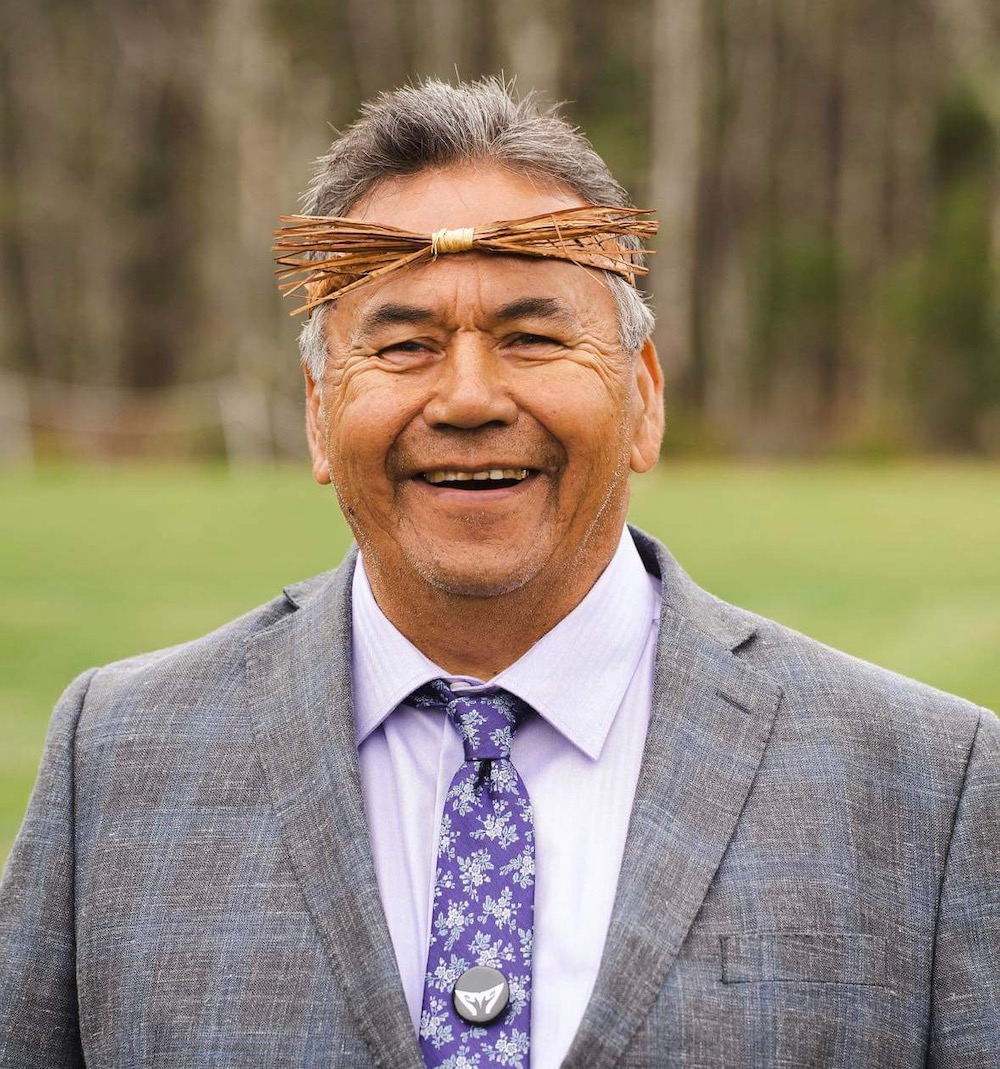
The Tyee sat down with Johnson to learn what works about Nuu-chah-nulth Seafood for its partner nations and the environment, and how this burgeoning business could be a model for others along the coast. This interview has been edited for length and clarity.
The Tyee: What does Nuu-chah-nulth Seafood do?
Larry Johnson: We’re a business arm for the five shareholder nations, focused on the seafood industry with a Nuu-chah-nulth twist and with the sacred principles in mind. The nations are trying to bring their people home and build economies. So, we need to create the tools in which we can make a difference.
Does being rooted in your sacred principles make it easier or harder to run a business?
It’s easy for me. It’s hard to interact with the world because they don’t understand our culture. They don’t understand our people and they don’t understand our way of life. Our value system is not based on what we have. It’s based on what we give. Our principles have gotten us from time immemorial and they’re going to carry us to the end of time.
How do your principles guide Nuu-chah-nulth Seafood?
Our company has taken those values and we use them when we plan forward. Where do we want to be? Well, we know where we’ve been. We’ve been suppressed. We’ve been held down. So, we want prosperity. We want to take the stereotype that society [imposes upon] First Nations people, that they’re either a drug addict or useless. That’s what I grew up understanding. We want to change that story because, when we tell our history, we are heroes. Since the beginning of time, we figured out a way to live harmoniously with the land. To understand that plants and animals are equal to us. That everything is important and everyone has a role to play.
How does making money factor into your business planning?
I do want our company to get rich because that's the only way we're going to be able to lead where we want to go. To make the things happen that are important to us, like language revitalization, cultural revitalization and reconnection to the land and water.
Could you give me an example of how you help members of your shareholder nations get into the fishing industry?
If you’re a young man coming to me and saying I want to be a fisherman, I set you up with my business plan guy. We write down all the things you want to do. We’ll help with training, help you get a boat, line you up with experienced guys who you can deckhand with. We’ll buy the licence for [them to fish under] because a prawn licence is a million bucks. Who can afford that? We’ll show you all the advantages and opportunities. That’s a pretty good leg up.
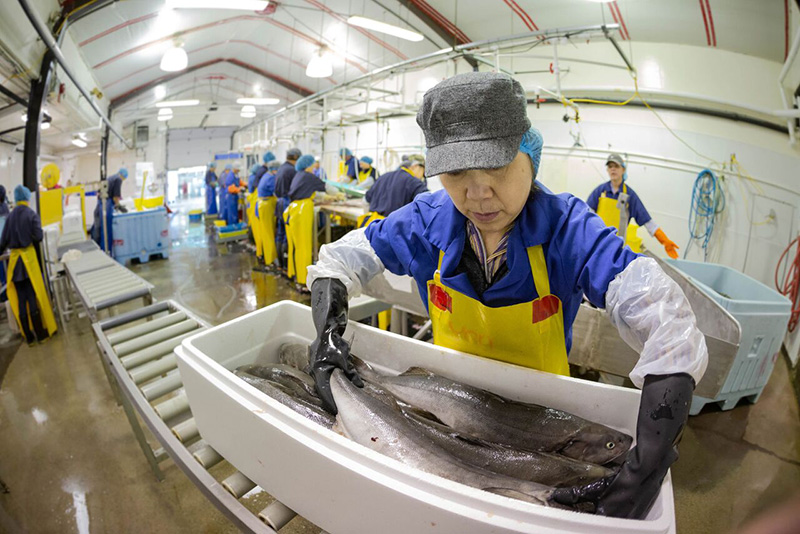
You also give back. Gratitude Seafood gives 1.5 per cent of its proceeds to Laptops for Learners, a program that donates laptops to First Nations students who are learning their language. Why?
If it’s going to help them revitalize their language, why not? No bad things will come of that. We’ve opened it up to any First Nation. I went to Nova Scotia to give 15 laptops away [to Mi’kmaw students]. It was so cool. Just to go there and have some of their traditional Atlantic salmon in their territory. I brought West Coast salmon. It was a really cool cultural exchange. It goes back to hish-uk ts’a-walk [everything is one and interconnected].
Gratitude Seafood sells salmon farmed in Nuu-chah-nulth territory. Salmon farming in B.C. is controversial. How did you make the decision to use farmed salmon?
I always think if we use the principles, it will drive us to the right outcome. If I find out that it's not good for my environment, it's not good for my son, and it's not good for his, then I won't do it. But if I find out that it's all bullshit, which I believe a lot of it is now, because I've been there, I've seen it, I’ve asked the questions. I mean we farm everything else in this fricking world. The funds [from salmon farming] are going to help me bring my language back and bring my wild salmon back. It's a revenue generator I never had. More and more, I see that the [fish farming industry] shows other industries and shows the federal government what reconciliation is. It's respecting each other. It is respecting that if you are going to exploit something out of our territory, then I need to be part of that. I need to have a say.
You’re also involved in growing kelp and seaweed. Why is diversified aquaculture a good fit for your company?
We knew we were doing a good job... [but] we knew we couldn't rely on the wild fishery. So, what else could we do? We partnered with Cascadia Seaweed to try kelp farming and it worked out. I just focused more on that model and more on aquaculture in general because it's really diverse. We’re talking about everything from kelp to shellfish to salmon. We need diversified aquaculture and I have diverse nations.
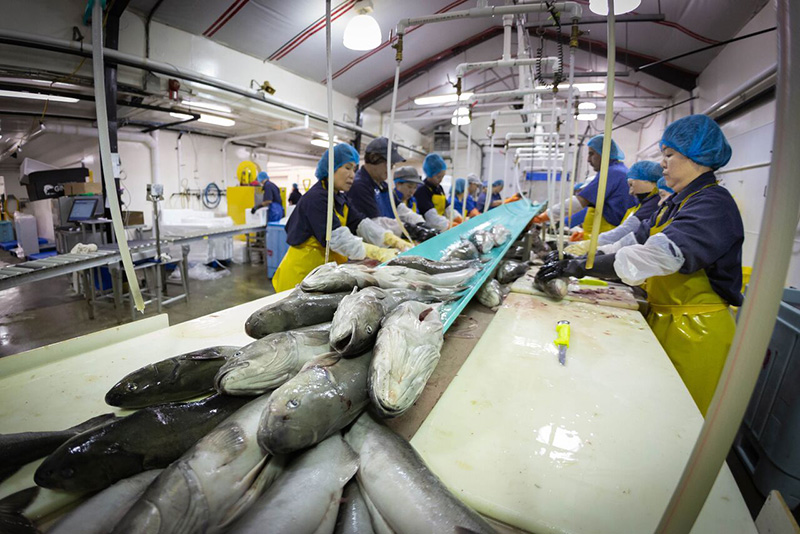
Part of the company’s purpose is to create jobs for young people in its shareholder communities. How is that going?
It’s hard to watch. There’s a reluctance. The generation... grew up in the Information Age, technology age. They don't know a connection to the land. They don't even know how to fish. So, we’ve got to do things differently. We have to learn how to pass the torch properly, because right now the younger generation is not being respected. We have to find different things for them to do to be involved. That’s the cool thing about salmon farming. There’s no hand-feeding fish. It’s technology. It’s all artificial intelligence. That’s where the next generation is. There are biologists, technicians, administrators, there are so many other roles to play.
What bigger purpose does Nuu-chah-nulth Seafood serve in the world?
I think we have an important role to play in bringing people together — municipalities, the province and the federal government — and impress upon them that First Nations need to be listened to. Not just here in Canada, but all over the world. I mean, the colonialist way, yeah, it's a great conqueror story, I guess. But where do you go when you’ve conquered everything? I wouldn't say it's very sustainable. When I analyze the principles of sustainability, I think about after Creation when our people decided they were going to stay in our human form. We had to understand that when we eat a salmon, that was our brother, that was our relative. That's why you have respect for him. Just like you have to respect everything else.
What does success for Nuu-chah-nulth Seafood look like?
Success is when we’re eating all our traditional foods. Communities are healthy communities with an economy the people can participate in. There’s food security and unemployment is non-existent. Then we can say we are successful. We’re not there yet. ![]()
Read more: Indigenous, Food
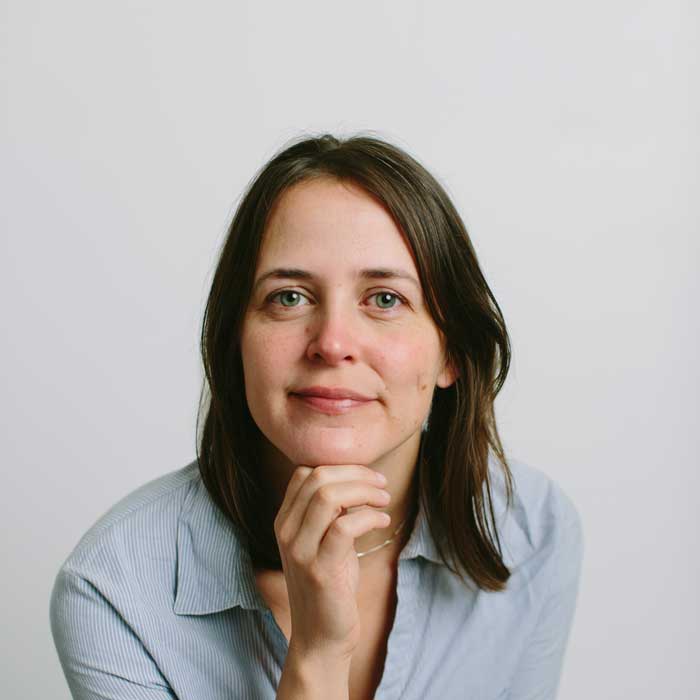

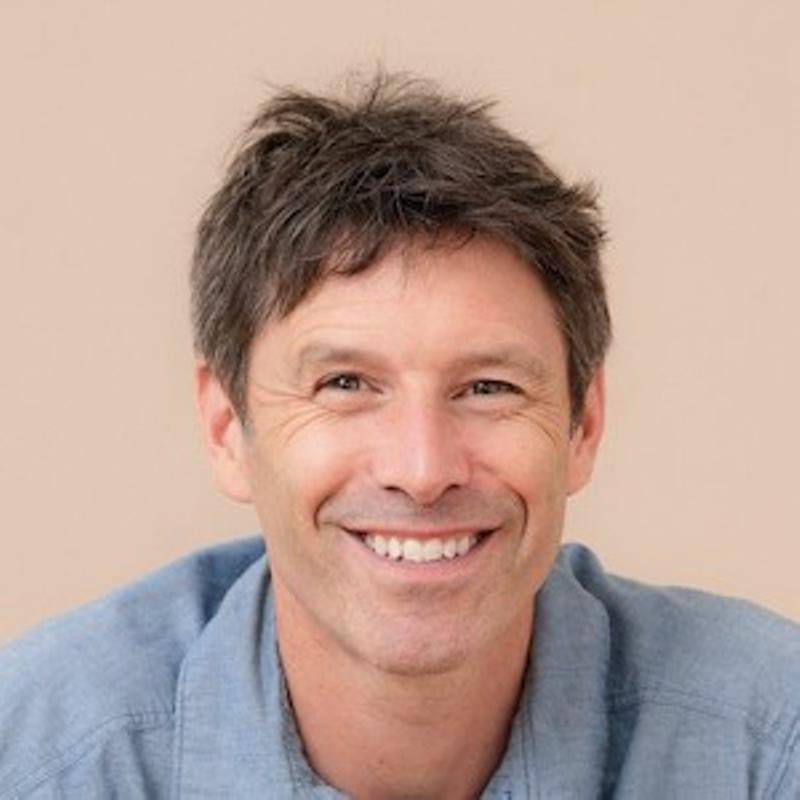

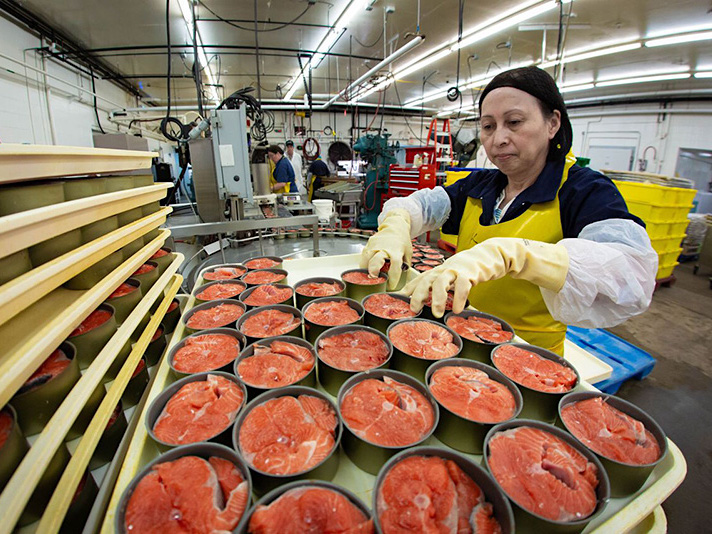



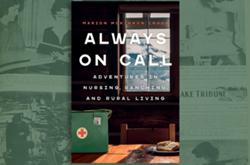
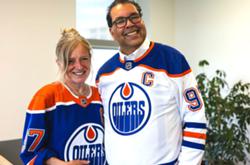


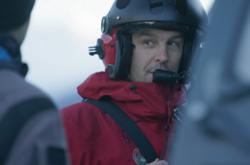


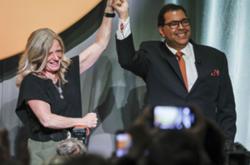
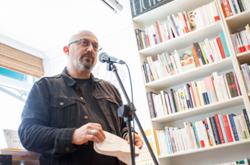
Tyee Commenting Guidelines
Comments that violate guidelines risk being deleted, and violations may result in a temporary or permanent user ban. Maintain the spirit of good conversation to stay in the discussion and be patient with moderators. Comments are reviewed regularly but not in real time.
Do:
Do not: